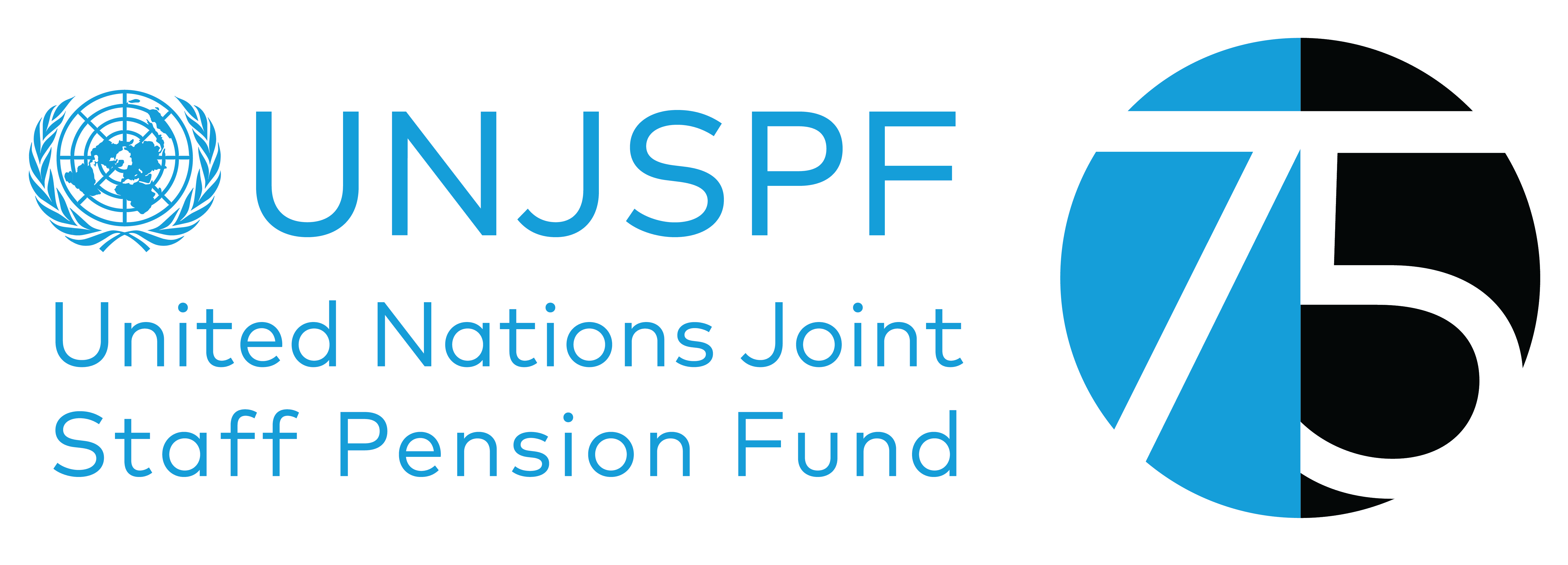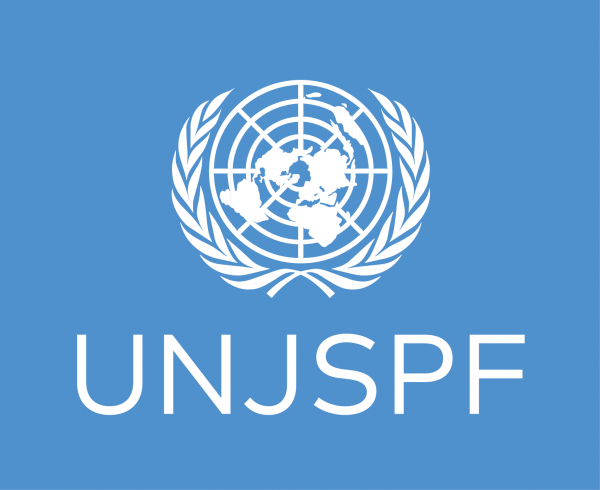Questions have been raised in relation to the decision of the Fund to centralize the finance functions in its New York’s Office. Here are answers to the most commonly asked questions on the topic.
If you have more questions or questions about the impact of this move on your personal case, please don’t hesitate to contact the Fund; all of our contact details are here.
1 - Is there a plan to downsize or close the Fund’s Office in Geneva?
No. There is no such plan. The Fund is well aware of the important service the Geneva Office provides to participants, retirees and beneficiaries in Africa, Europe and West Asia. The 2021 Budget Proposal that was submitted to the Pension Board a few weeks ago confirm this direction as there is no change of the number of staff proposed for the Geneva Office compared to the 2020 budget.
2 - Will the finance functions be really moved and what is the timing of the change?
The responsibilities of the staff of the Geneva’s finance Unit will be gradually transferred to the Fund’s Office in New York.
Cashier functions were transferred in June 2020 and the transition of accounts and payment functions are planned for the 4th quarter of 2020.
3 - Why is the Fund planning to move the finance functions of the Geneva Office to the New York Office?
This is to gain efficiency and to ensure consistency of services provided by these back-office functions, and to redeploy staff to Client Services, Pension Entitlements and Operations Support sections in Geneva, which crucially need them. The Fund’s clients are expected to benefit from this move which will strengthen direct client services and entitlement processing.
It is worth noting that this change is part of functional reporting that has been implemented in the Fund since January 2020. In a few months, functional reporting has narrowed the performance gap between the New York and the Geneva Offices, in spite of the challenging time brought by the COVID-19 situation.
More than 89% of initial separation cases are now processed within 15 business days by the Geneva Office, which means the Office’s performance has improved.
4 - Will services to the Fund’s clients, participants and retirees/beneficiaries be negatively affected by this move?
No. Geneva Client Services will remain the first contact point for beneficiaries and participants including finance questions for the regions served by the office.
Statements and attestations relating to UNJSPF participation and entitlements will continue to be provided via Client Services in Geneva. None of the Fund’s participants and retirees serviced by the Geneva office will be asked to call the New York office for such requests.
5 - Does this move mean the Fund is moving to English-service only?
The Fund’s working languages are English and French, and it will continue to communicate with its clients and make documents available in both languages, as previously, in both Geneva and New York. Communication and documents in Spanish are usually possible. Communication in other UN official languages will continue to be possible on an ad hoc basis, as far as the Fund can find available skills within its staff.
6- Will the Fund’s finance functions become over-reliant on the New York Office, especially for payment of pensions?
No. The Pension payroll had always been centralized in New York, so there is no change from this viewpoint.
With the transition to the Integrated Pension Administration System (IPAS) in 2015, the Fund’s ICT critical systems are independent of location and access from the Fund’s offices. In fact, the payroll has been executed remotely multiple times by now without access from our offices.
Therefore, the Fund now relies on the remote access to our system from any location to assure Business Continuity and Disaster Recovery measures. This ensures that the payroll is executed independently of the access to the office; since 2015 the Fund trained multiple staff members, who all are able to individually execute the payroll remotely, should the Fund’s offices not be accessible.



